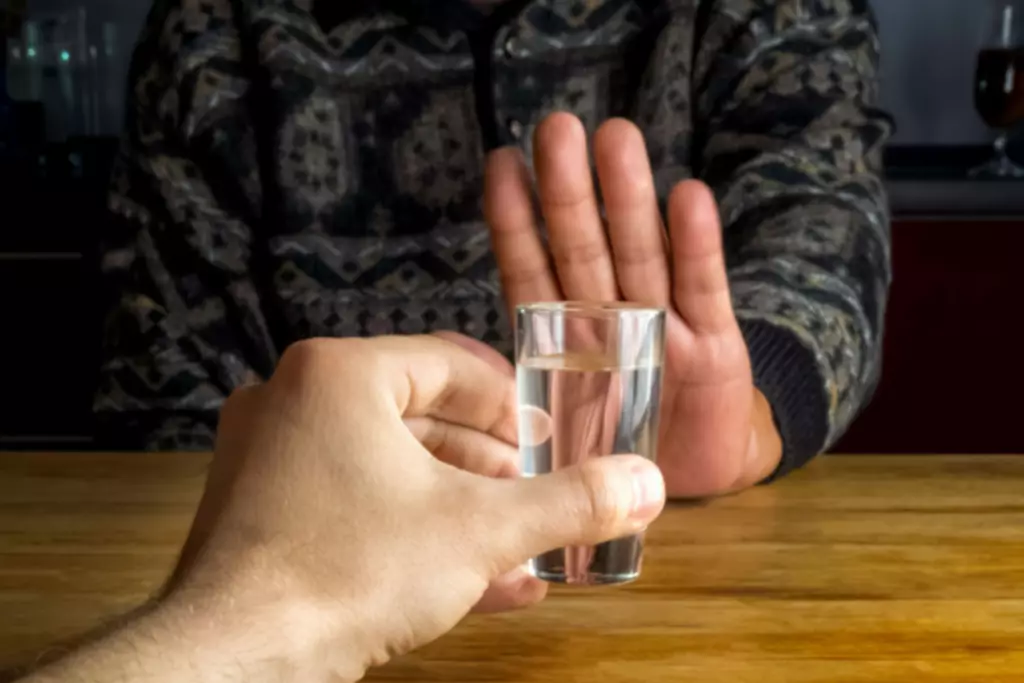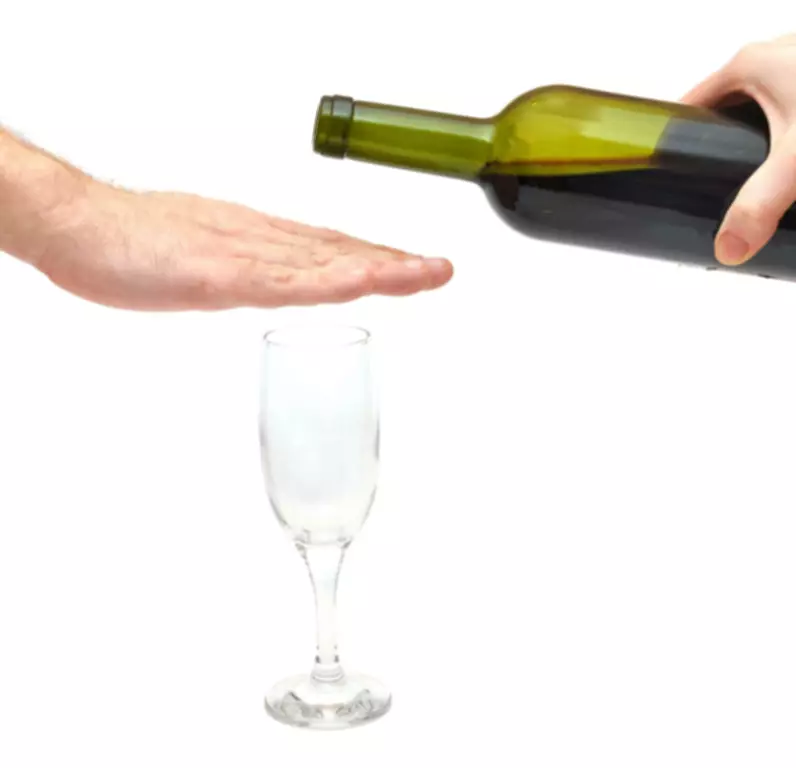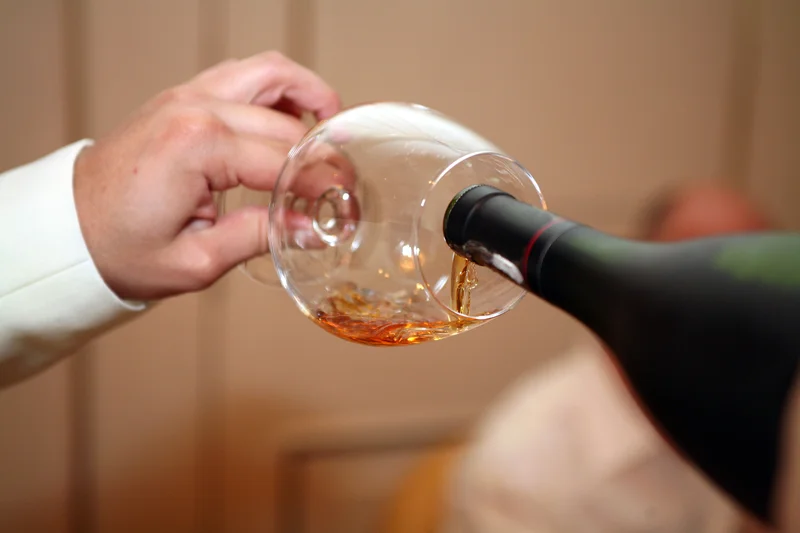
Triggers are easily identifiable by the way someone reacts to something. For instance, triggers may occur when someone remembers an event, or when an uncomfortable experience happens. The experience may cause someone to lash out, breakdown, or cope in unhealthy ways. As a result, individuals with internal and external triggers examples unchecked triggers can cope in harmful ways, foster unhealthy relationships, and endure much suffering. Being able to identify triggers and utilize coping strategies are two beneficial ways to handle triggers and stay strong in your recovery. Researchers deduced that the amygdala played an important role in producing focused and exclusive desire, similar to drug addiction.
Social Pressure
People at risk of a relapse should avoid stressful situations that are likely to push them to use drugs and alcohol. Friends and family may not understand the consequences of negative behaviors toward people in recovery. These behaviors can make the individuals feel alienated and push them toward substance use. Some come from external sources, while others come from internal sources.
- Part of managing external triggers involves simply removing the source.
- You learn about how to identify your higher power and how to accept that you are powerless over your addiction.
- Our personalized approach focuses on empowering individuals to recognize and manage their triggers effectively.
- Recognizing and addressing these common relapse triggers allows for proactive management, thus reducing the likelihood of reverting to substance use.
- Building a robust support network and utilizing educational resources further empower individuals to navigate the challenges that addiction triggers present.
- Once you’ve identified your common external triggers, you can start to take control.
Emotional State
They might include certain styles of music or specific songs, or the taste of a drug. For example, powdered sugar or artificial sweetener, which resembles powdered drugs, can be a powerful trigger for people who used cocaine, methamphetamines, or heroin. By pinpointing and cataloging what personally affects you, you’re arming yourself with invaluable knowledge. This tailor-made insight can be your compass, guiding you away from potential pitfalls and towards recovery.
- Understanding what specifically provokes cravings helps individuals devise effective coping strategies.
- Triggers are a crucial aspect of addiction recovery, and understanding how they work is essential for maintaining sobriety.
- Next, we’ll dive into how to tackle external triggers, which call for a different approach.
- These triggers are the thoughts and feelings you have that can cause a desire to return to use.
- Instead, the aim is to become more aware of our triggers so we can make conscious choices about how to respond to them.
Coping Strategies for Relapse Triggers
While some people manage difficult situations with ease, people in recovery can easily slip back into old habits when dealing with new situations. For instance, the death of a loved one can easily trigger a relapse in a recovering addict. Some, people struggling with drug and alcohol addiction feel as though they can’t mix and mingle without the use of substances. If you are in recovery and feeling challenged by triggers, know that you are not alone. Many people in recovery from substance use https://ecosoberhouse.com/ disorder learn the tools to manage stressful triggers and go on to lead balanced, fulfilling lives. If you’ve had a negative experience with public speaking in the past, for example, you might develop an internal trigger of anxiety whenever you’re asked to present in front of a group.
This encourages detaching from painful or distressing experiences and can reduce stress. Healthy ways of managing triggers allows individuals to thrive without turning to damaging coping mechanisms that can harm them or others. When people in recovery succumb to triggers, their brains create reasons to use substances despite knowing that they must remain abstinent. This ongoing fight increases their vulnerability to cravings, which may result in a potential relapse.
- Patients in rehab may consider skipping treatment sessions or support group meetings to spend time with their friends and family.
- Unlike external triggers, which are linked to the environment, internal triggers demand deeper emotional work and self-awareness to handle effectively 1.
- To learn more about our outpatient programs, contact our admissions department today.
Some common examples include drug paraphernalia, alcohol-related items, and triggering pictures or symbols. At AToN Center, we recognize the unique challenges that individuals face when confronting their triggers and provide comprehensive support to develop healthier coping strategies. INTERNAL TRIGGERS are feelings that people have before or during drinking or using drugs. For instance, some people may feel insecure about sex and think they have to drink alcohol in order to relax before having sex. Other people may use drugs when they feel angry, lonely, depressed, sad, or bored – but any feeling can become an internal trigger. One of the most rewarding aspects of recovery amphetamine addiction treatment is rediscovering your passions and finding new things that bring you joy.

A study of rats by the University of Michigan found that the rats largely preferred rewards that triggered the brain’s amygdala, part of the limbic system that produces emotions. The researchers also discovered that the rats were inclined to work harder to obtain the reward that triggered the amygdala than the same reward that did not trigger any emotion in the brain. A NIDA study maintains that exposure to drug-related objects may influence a former addict’s behavior. The brain registers these stimuli and processes them in the same areas involved in drug-seeking behavior. A person can find alternative routes to avoid high-risk places, such as places where they used to meet their dealers or bars where they used to binge drink.
Managing multiple triggers simultaneously requires a holistic approach. It’s not enough to address just one type of trigger; we need to consider the entire ecosystem of influences on our behavior. Internal triggers are thoughts and emotions that can cause cravings to use.

Health Topics

Imagine attending a cocaine addiction treatment center where they teach you about the 12 steps of Alcoholics Anonymous. You learn about how to identify your higher power and how to accept that you are powerless over your addiction. One common trigger source that is particularly effective at causing distress and drug cravings is smells. There is a wide variety of smells that can serve as a common relapse trigger. Staying humble in addiction recovery can help prevent overconfidence and the potential for relapse.

Therefore, before you take steps to identify your triggers, ensure you have a safety plan in place in case you experience some distress. As you embark on this journey of trigger discovery, be patient and kind to yourself. After all, every insight into your triggers is a step towards greater self-understanding and personal growth.
